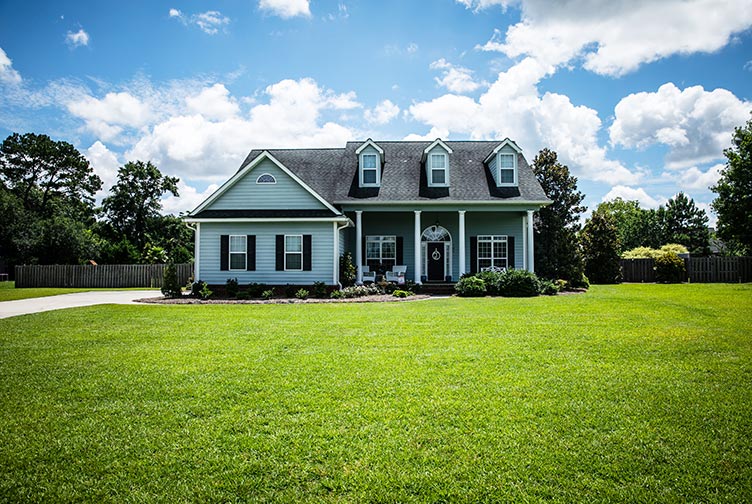
The basics of the 26 U.S. Code §1031 “Exchange of Real Property Held for Productive Use or Investment” are that you can exchange any real property “held for productive use in a trade or business” into another such real property, and defer capital gains taxes on that exchange.
With the above in mind, the answer to the question of “can I use my primary residence in a 1031 tax-deferred exchange?” is generally a firm “no,” with a “but” added. On the one hand, your primary residence isn’t something you normally use as an investment, or as part of a business.
But one method to consider that might help you swap your primary residence is through use of the IRC’s Section 121.
Excluding your gains
Similar to Section 1031, Section 121 is also situated under Title 26 of the Internal Revenue Code as “Exclusion of Gain from Sale of Principal Residence.” This section points out that, if you sell your house, the gain from that sale won’t be included as part of your gross income. The exclusion totals $250,000 for single filers of taxes, and $500,000 for those who are married, and filing jointly.
But the IRS isn’t just handing out gain exclusions. To qualify for this particular exclusion, you must meet both ownership and use tests. This includes the following.
- You must own and use (occupy) your house as a primary residence for at least two out of five years, prior to the date of the sale. It does NOT include second homes, vacation homes, or property held for business use or investment.
- The ownership and usage can take place during different two-year periods -- they don’t need to be contiguous.
- You are not eligible for this exclusion if you excluded the gain from the sale of another home during the two-year period, prior to the sale of your home.
- This exclusion can be claimed only once every two years.
What the above means is that, technically, you can convert part or all of your primary residence into investment/rental property, making it eligible for a 1031 exchange. There are, however, a couple more things to consider before moving in this direction.
- You can’t just suddenly decide to turn your primary residence into a rental property, and then use it as a 1031 exchange. The IRS has a few rules in place for such a conversion, not the least of which is that taxes on income will be handled differently.
- You can’t live in your house, and also claim it as rental property (unless your house is part of a multi-family property, such as the case with a duplex, triplex, or fourplex). Incidentally, if your primary residence is part of a multi-family configuration, you could exchange the rental unit portion of the property, but your primary residence would not be eligible for exchange.
The 1031-121 combination
Section 121 is great, as long as your capital gain doesn’t exceed the $250,000/$500,000 gain exclusion. If those exclusions are exceeded, you could be looking at a painful payment on April 15.
However, if you decide to move out of your primary residence and convert it into an investment/rental property, you could exclude the $250,000 or $500,000 in capital gains from your taxable income. Meanwhile, you could complete a 1031 exchange for the balance, which would funnel the remaining capital gains -- and depreciation recapture -- into the acquisition of a like-kind property.
While this can be a great way to both exclude and defer gains, keep in mind that Section 121 requires you to live at least two years (out of every five) in that house. If you rent the property for too long, you likely won’t be able to take advantage of gain exclusions.
Conclusion
Overall, your primary residence can’t be used directly as a 1031 exchange, as your house can’t be considered something used for investment or business purposes. The exception here is if your primary residence is part of a duplex or triplex, in which you rent the other units. There are, however, ways in which you can shift gears and move your house from primary residence to investment property. Careful planning and timing, as well as an understanding of IRS rules, can provide a viable route to saving taxes (or at least deferring them) when it comes time to sell your house.
For additional insight about 1031 exchanges, contact Realized Holdings by logging on to www.realized1031.com, or calling 877.797.1031.
This material is for general information and educational purposes only. Information is based on data gathered from what we believe are reliable sources. It is not guaranteed as to accuracy, does not purport to be complete and is not intended to be used as a primary basis for investment decisions. It should also not be construed as advice, meeting the particular investment needs of any investor.
There is no guarantee that the investment objectives of any particular program will be achieved.
The actual amount and timing of distributions paid by programs is not guaranteed and may vary. There is no guarantee that investors will receive distributions or a return of their capital. These programs can give no assurance that they will be able to pay or maintain distributions, or that distributions will increase over time.



